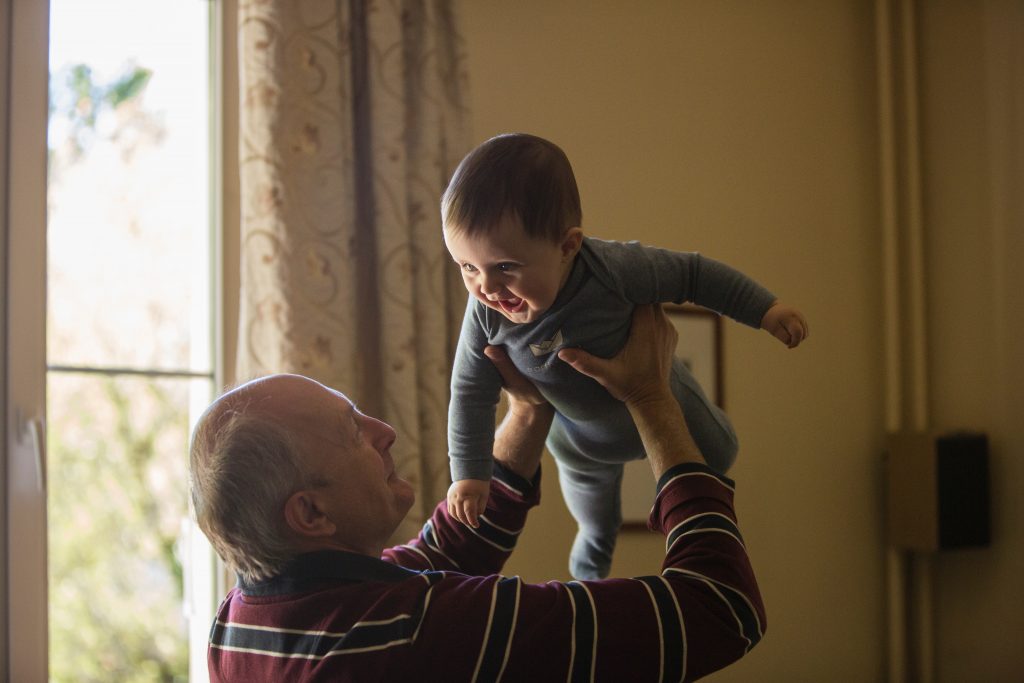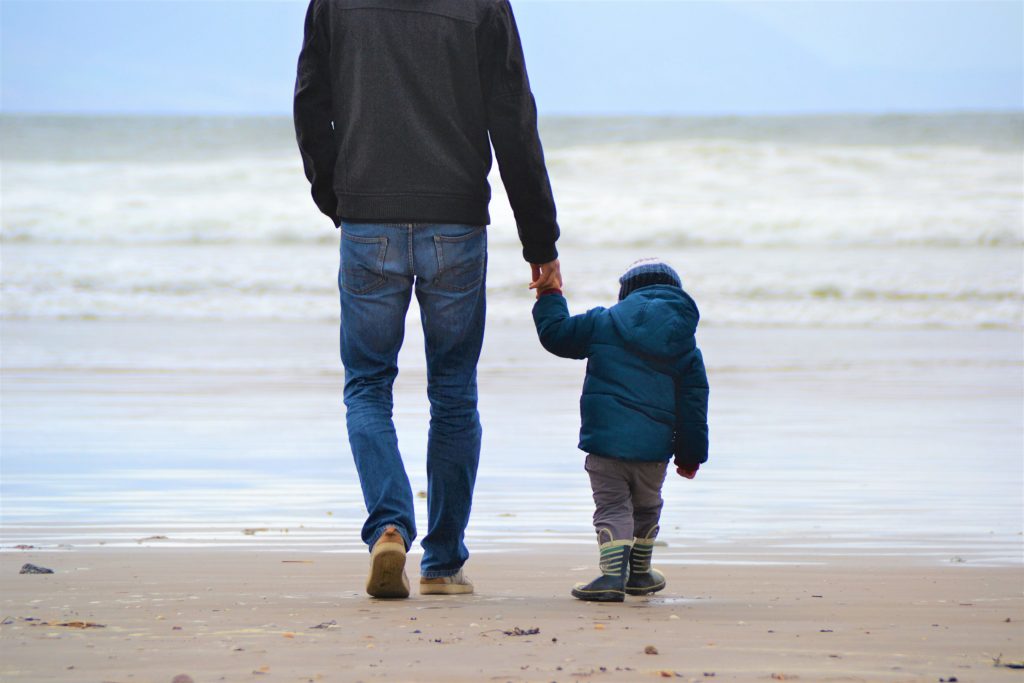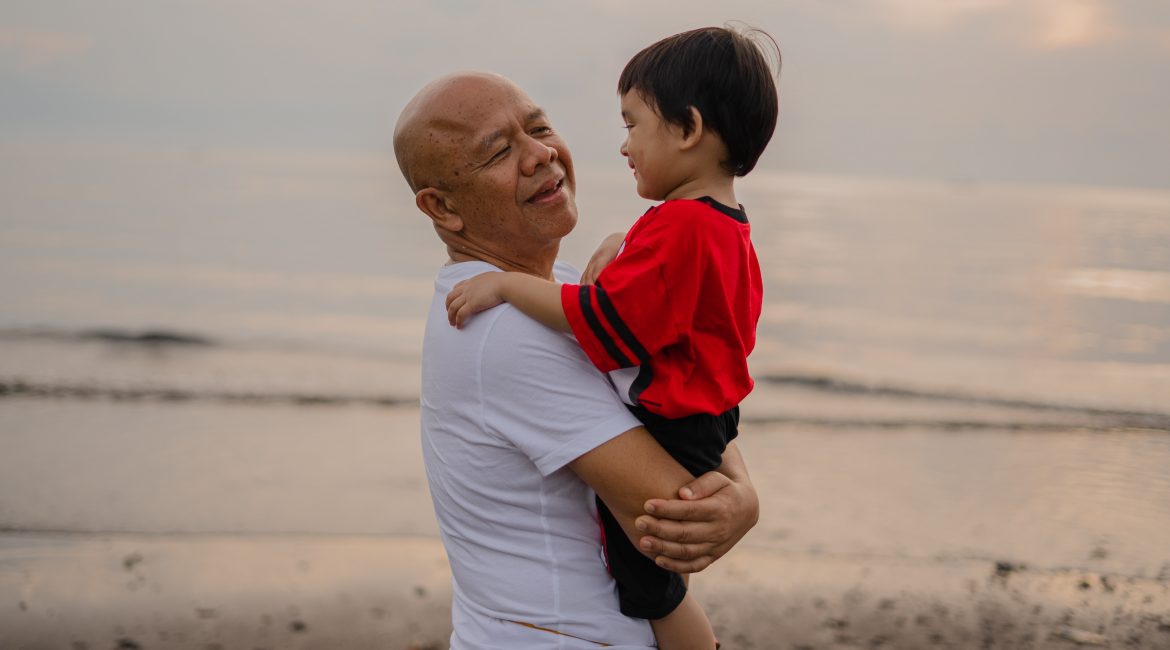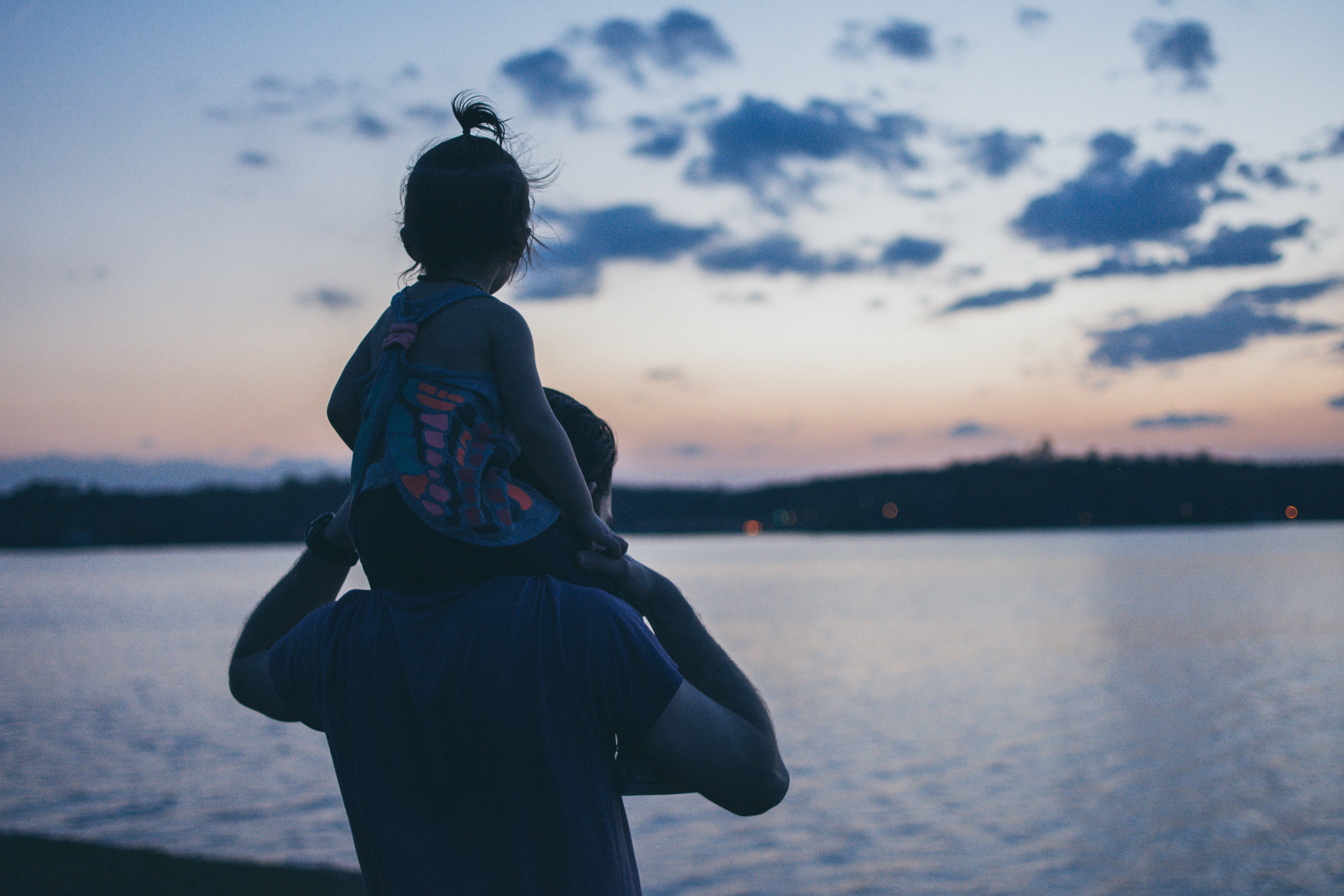The words heritage and legacy are often used interchangeably in conversation, but they are not the same thing.
Heritage is the combined traditions, beliefs, behaviors, achievements, and failures that your ancestors have passed along to you. You can’t change it.
Legacy is what you add to your heritage before you pass it on to your children and grandchildren. That you can control a great deal.
The past is sealed in time; your present is unfolding and it will alter the heritage of your children and grandchildren. Your legacy is the one part of your descendants’ heritage that you can change.
Death is the dividing line between heritage and legacy.
The people alive in your family right now are creating legacies each day as they deal with their heritage and interact with the rest of the family.
This process is an intricate weaving of lives that God has designed for His purposes. For better or for worse, those in the grave have made their contribution. Those walking around have choices to make about their heritage.

Until you take your last breath, you have the opportunity to make an impact on your descendants by leaving them your legacy.
Here’s the point: Your heritage has been defined by others. It has benefits, limits, and liabilities.
Your legacy remains undefined. It has no limits. It only has potential. How you handle your heritage and what you add to it as your legacy will change or confirm the heritage of your children and grandchildren.
The main reason it’s important to know about your own heritage (and introduce your kids and grandkids to theirs) is that while you can’t change it, you can decide how to respond to it.
You can simply choose to continue certain traditions or behaviors, or reject them and establish different ones. Your legacy is then reversing or altering the direction of heritage for those who come after you. This can have both negative and positive effects for generations to come.
If your father and grandfather had issues with alcohol, it’s likely a recurring problem in your heritage. When you realize this, you have some important decisions to make about your own life—decisions that may make a huge difference for your kids and grandkids.
Let’s say there is a history of unbelief and resistance to God in your family and you become the first person to trust Christ. You won’t be changing the past, but your decision will impact your own eternal destiny and that of your descendants.

In God’s design, parents are the main delivery system for the heritage they have received. Parents create legacy, including the living legacy that is their children.
Are you a grandparent? You can be much more of an intentional conduit between the heritage you are about to become and the lives of your grandchildren. You are in the best position to consider and act on what transpired in your family leading up to you, and what will happen after you’re gone.
I’ve gotten to know a number of men whose heritage was nothing short of a handicap. Their fathers and grandfathers didn’t seem to care what kind of legacy they were passing on. But I’ve seen these men take on the challenge of making things different for their own children. I’ve watched them day by day, patiently taking sad and shameful heritages and creating legacies that would make their children proud and healthy adults. For your kids’ sake, don’t get so hung up on your heritage that you fail to shape your legacy.2
I realize that my role in my grandchildren’s lives is a crucial part of the heritage they will receive. I can change their heritage by what I do.
According to one proverb in the Bible, “Children’s children are the crown of old men” (Proverbs 17:6, NKJV). Just think about that picture for a minute. Crowns are often adorned with valuable gems. Didn’t it seem as if a jewel was added to your life the moment you discovered you were a grandfather?
Even if I don’t wear a physical crown with a precious stone representing each of my grandkids, those little ones are always on my mind. Yes, they are my crown, shining right now with nine living statements that Carey Casey lived on Earth.
Grandfathers should have a keen sense that they are leaving a legacy, and that awareness can be motivating and energizing.

Consider this: Did you ever meet your great-grandparents? Do you even know the names of your great-grandfather or great-grandmother? If you’ve been working on your family tree, you should. I hope you are feeling more and more connected with those whose lives have shaped yours.
But I suspect many don’t know their great-grandparents’ names, not to mention what they did with their lives, what they stood for, and what they believed in.
Now that may not seem like a big deal, but think of it this way: Will your great-grandchildren know your name? If the trend holds true, probably not. So we may well be three or four generations from being completely forgotten!
I don’t know about you, but I want to leave a better, more lasting legacy than that—not because I want my descendants to remember how great I was or how much I accomplished. I’m not talking about running for senator or building a world-famous business. No, I want to be remembered as just one of many in a long line who built a reputation of high character, a close-knit family, and a deep faith in Christ. That’s what it’s all about!
If you’re thinking as you read this that it’s too late for you, you’re wrong. No matter what you may have been through in your past and how you’ve built your legacy to this moment, you can turn things around for your descendants yet to come by being faithful to God and humbly serving your family.

Championship Grandfathering by Carey Casey
What’s so important about being a grandfather? Everything!
Don’t make the mistake of thinking that you’re not on the playing field anymore and that your championship days are over. As an elder of the family, you play a vital role in your grandchild’s future. You will leave a legacy for that child and your family, but what will it be? And how do you make sure it’s the best legacy possible?
Carey Casey has a game plan. And you definitely need one, because building a winning legacy of love and godliness takes intentionality. Using a lifetime of heart-touching stories and research from the National Center for Fathering, this grandfather of nine and national expert on fathering takes you to the next level of influence in your family. Carey will “school you up” on building a legacy through loving, coaching, and modeling.
And remember: No matter what your family heritage has been, and no matter what mistakes you may have made as a father, it’s never too late to redeem the past and build a new legacy. Applying this practical guide to your life will change your family for generations to come.







